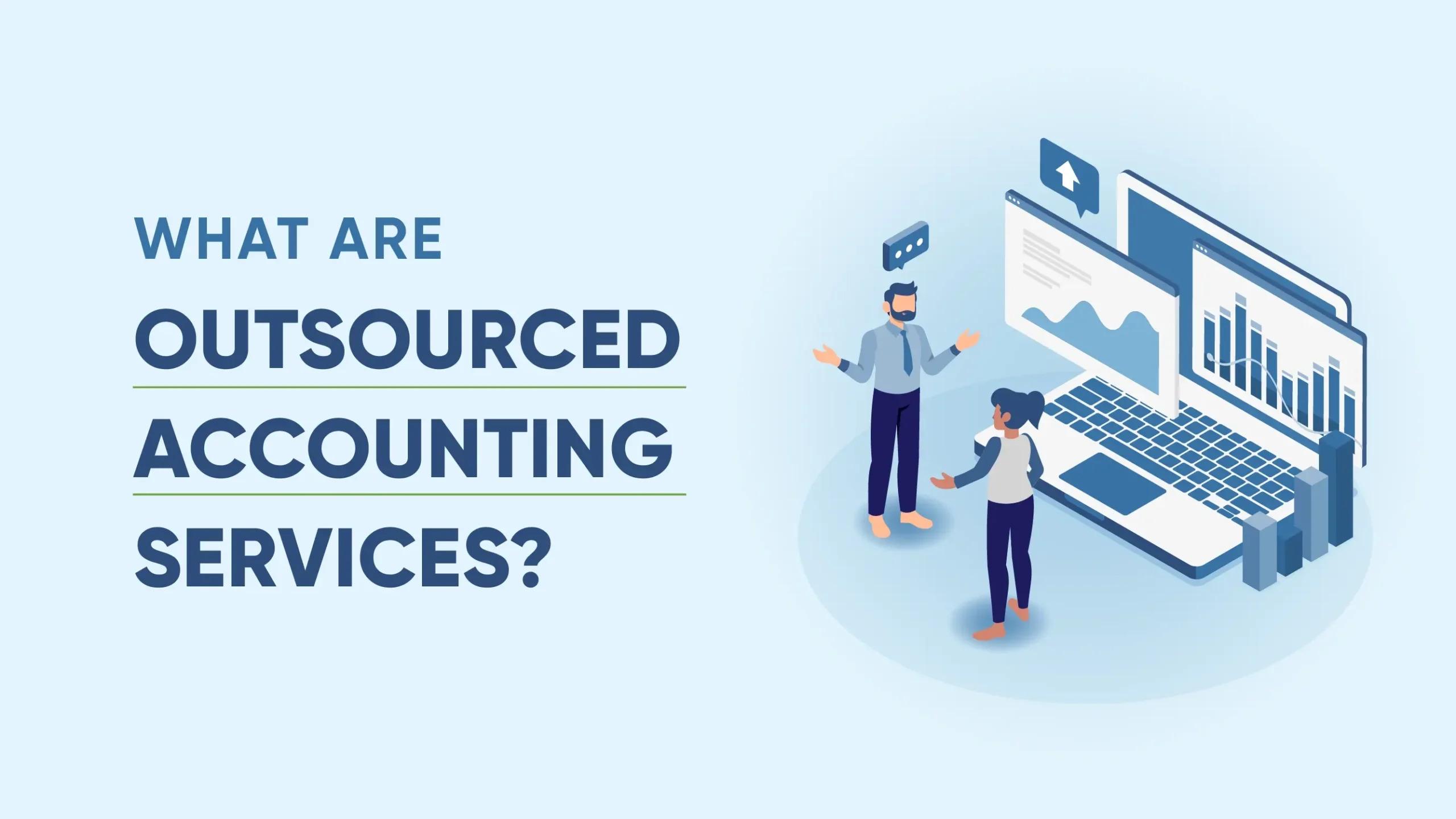Why Accounts Payable Outsourcing Services Are Gaining Momentum in 2025

The role of finance teams is rapidly evolving. In today’s fast-paced business environment, companies are under pressure to manage rising invoice volumes, maintain vendor relationships, and ensure compliance with ever-changing regulations—all while keeping costs predictable. In response, more organizations are embracing accounts payable outsourcing services as a way to make their financial operations more structured and scalable.
But why are these services seeing such rapid growth in 2025? Let’s explore the factors driving this trend, how outsourcing benefits modern businesses, and why it’s becoming a long-term strategy for many finance leaders.
The Shift Toward Outsourced Accounts Payable
Historically, most businesses managed accounts payable (AP) functions internally, relying on in-house teams to process invoices, handle approvals, and issue payments. However, this approach is becoming increasingly challenging due to:
-
Growing invoice volumes as businesses expand into new markets or work with larger vendor networks
-
Rising labor costs associated with hiring, training, and retaining AP staff
-
Increased compliance requirements from tax regulations and reporting standards
-
Demand for faster, more accurate financial processes from stakeholders and vendors
Outsourcing provides a solution by allowing companies to partner with specialized providers who can manage these processes efficiently using automation, cloud-based tools, and experienced teams.
Why Momentum Is Growing in 2025
Several trends in 2025 are making accounts payable outsourcing services a preferred choice for businesses of all sizes:
1. Automation Is No Longer Optional
Finance leaders are realizing that manual AP processes lead to delays, errors, and missed opportunities. Many outsourcing providers now offer AI-powered data capture, automated matching, and real-time dashboards, making it easier for businesses to adopt automation without large internal investments.
2. Remote and Hybrid Work Models
With teams working from multiple locations, paper-based or in-office invoice approvals have become impractical. Outsourced AP providers use cloud-based workflows that enable secure approvals and reporting from anywhere, aligning with remote work demands.
3. Focus on Scalability
As companies grow or face seasonal fluctuations in invoice volumes, outsourcing provides the flexibility to scale operations up or down without recruiting or training additional staff.
4. Stronger Vendor Expectations
Vendors expect faster, on-time payments and clearer communication. Outsourced AP services help companies maintain these relationships by processing invoices consistently and providing structured communication channels.
5. Cost Predictability
Instead of bearing fluctuating staffing expenses, businesses can work with fixed or predictable service fees, making financial planning easier.
Key Benefits for Businesses
While momentum is being driven by trends, the benefits of AP outsourcing are what make it sustainable. Some of the most significant advantages include:
1. Faster, More Consistent Invoice Processing
Automated tools used by providers help capture invoice data quickly, route it for approvals, and ensure payments are made within agreed timelines.
2. Reduced Errors and Duplicate Payments
Built-in validation and three-way matching help detect discrepancies, preventing costly overpayments or inaccuracies.
3. Improved Visibility for Finance Leaders
Real-time dashboards and reporting allow CFOs and controllers to track the status of invoices, approvals, and payments without relying on manual updates.
4. Stronger Compliance and Audit Readiness
Digital recordkeeping, secure data handling, and audit trails make it easier to meet tax reporting and regulatory requirements.
5. Freeing Internal Teams for Strategic Work
With repetitive tasks outsourced, internal finance teams can focus more on cash flow management, forecasting, vendor strategy, and supporting business decisions.
What to Look for in an Outsourced AP Partner
Not every outsourcing provider offers the same level of service or technology. To ensure success, businesses should consider providers that deliver:
-
Advanced Automation Capabilities
-
AI and OCR for data capture
-
Automated matching for invoices and purchase orders
-
Cloud-based approval workflows
-
-
System Integration
-
Ability to connect seamlessly with existing ERP or accounting platforms to avoid manual reconciliations.
-
-
Transparent Reporting
-
Real-time dashboards and scheduled reports so finance leaders can maintain oversight.
-
-
Strong Security Measures
-
Encryption, access controls, and audit logs to protect sensitive data.
-
-
Flexibility and Scalability
-
The ability to handle changing invoice volumes or business needs without disruptions.
-
Are Accounts Payable Outsourcing Services a Long-Term Solution?
While some organizations see outsourcing as a way to manage current workloads, many are adopting it as a core element of their finance strategy. By combining automation, scalability, and expert support, these services help businesses create a payables process that is more reliable, consistent, and adaptable than traditional in-house approaches.
For finance teams, this means a shift in focus—from manual invoice processing to analysis, planning, and strategic decision-making. Outsourcing does not replace finance teams but rather allows them to function in a more impactful way.
Final Thoughts
In 2025, accounts payable outsourcing services are no longer just a convenience—they’re becoming a strategic choice for companies aiming to modernize their finance operations. Driven by automation, remote work trends, and the need for scalability, these services allow businesses to handle growing invoice volumes, strengthen vendor relationships, and maintain accurate financial records without overburdening internal teams.
For many organizations, adopting AP outsourcing is more than a short-term fix. It’s becoming a long-term strategy for building a finance department that can meet today’s challenges while preparing for tomorrow’s growth.
- Art
- Causes
- Crafts
- Dance
- Drinks
- Film
- Fitness
- Food
- Games
- Gardening
- Health
- Home
- Literature
- Music
- Networking
- Other
- Party
- Religion
- Shopping
- Sports
- Theater
- Wellness


